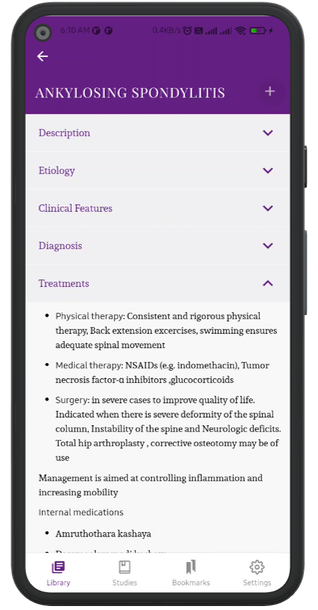MANIA
Description
- Mania is a mood disorder characterised by abnormally elevated, expansive, or irritable mood and increased goal-directed behaviour not attributable to an organic psychic disorder or psychotropic substances
- The features should last at least 1 week, most of the day for at least 4 consecutive days and disrupt occupational and social activities
- This disorder tends to occur in episodes lasting usually 3-4 months followed by complete clinical recovery. A lesser degree of mania in which abnormalities of mood and behaviour are too persistent is called hypomania. Symptoms of mania are much more intense than those of hypomania, If psychotic symptoms are present, the episode is, by definition, manic and not hypomanic
- The lifetime risk of a manic episode is 0.8-1% and women have an increased risk of manic episodes
Types
- Mood – Euphoric, Expansive, irritable, demanding and flirtatious
- Increased psychomotor activity (over activeness, restlessness, over socialization etc)
- Increased talkativeness, the pressure of speech
- Flight of ideas
- Delusions (unshakable false beliefs mainly of grandiose in nature)
- Mood congruent psychotic features
- Involving in high-risk activities like rash drive, over the expenditure of money etc
- Aggressive behaviour
- The decreased need for sleep
- Increased goal-directed activity (sexually, at work, and/or socially ) or psychomotor agitation
- Vegetative signs – increased libido, weight loss, anorexia, Excessive energy
- Loss of social inhibitions, socially inappropriate, and reckless behaviour
- Heightened self-esteem or grandiosity
- Distractibility
- Significant dysfunction (work/school)
- the patient requires hospitalization (risk of harm to self or others),
- presence of psychotic features
- Insight & Judgment: Extremely impaired, often total denial of illness and inability to make any organized or rational decisions
- Mania can manifest clinically with psychotic features and without psychotic features
Differential Diagnosis
- Drug-induced organic diseases
- Generalised anxiety disorder
- Schizophrenia
Investigation
- Clinical diagnosis is done o the basis of ICD11 or DSM 5
- Organic causes must be excluded
- The young mania rating scale is used to rate the severity of the condition.
Treatments
- Acute mania is a psychiatric emergency and requires immediate management
Internal medicines
- Sweta sankhupuspi choorna + Sarpagandha choorna + Gokshura choorna
- Aswagandha + Sweta sankhupuspi choorna + Yashti choorna
- Samana snehapana -Thiktaka ghtita, Kalyanaka ghrita
- Manasamitra vataka to control impulsivity and agitation
- Somalata churna in Sleep disturbances.
Procedures
- Sadyo virechana to reduce the impulsivity and increased PMA(Psychomotor activity)
- Talam - kachuradi choorna + Ksheerabala / Chandanadi taila to improve sleep
- Siropichu
- Snehapana -Thiktaka ghtita, Kalyanaka ghrita
- Teekshna virechana - Avipathy choorna
- Yogavasthi – Doshahara kashaya vasthi + Aniuvasana vasthi with Tikataka ghrita
- Nasya with Tiktaka ghrita / Ksheerabla 101
- Sirolepa to control agitation and increased PMA
Department
Manasika Roga

